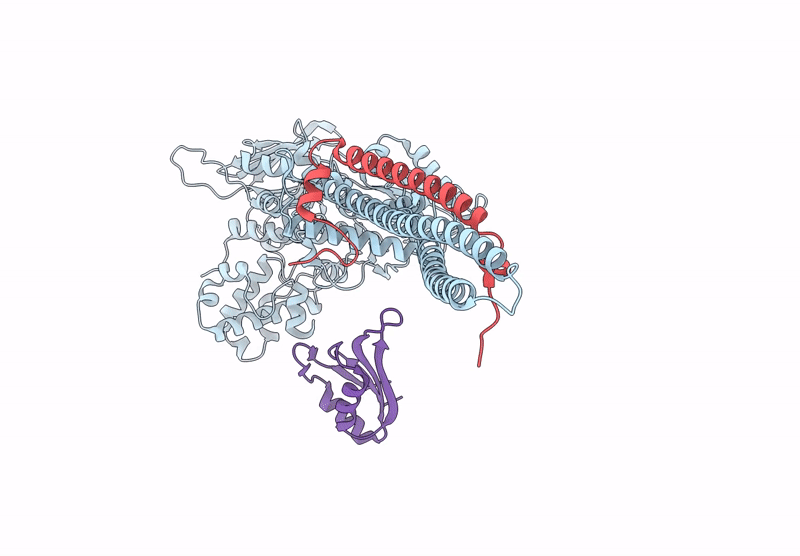
Deposition Date
2024-10-10
Release Date
2025-01-08
Last Version Date
2025-01-08
Entry Detail
Biological Source:
Source Organism(s):
Homo sapiens (Taxon ID: 9606)
Expression System(s):
Method Details:
Experimental Method:
Resolution:
5.14 Å
Aggregation State:
PARTICLE
Reconstruction Method:
SINGLE PARTICLE


